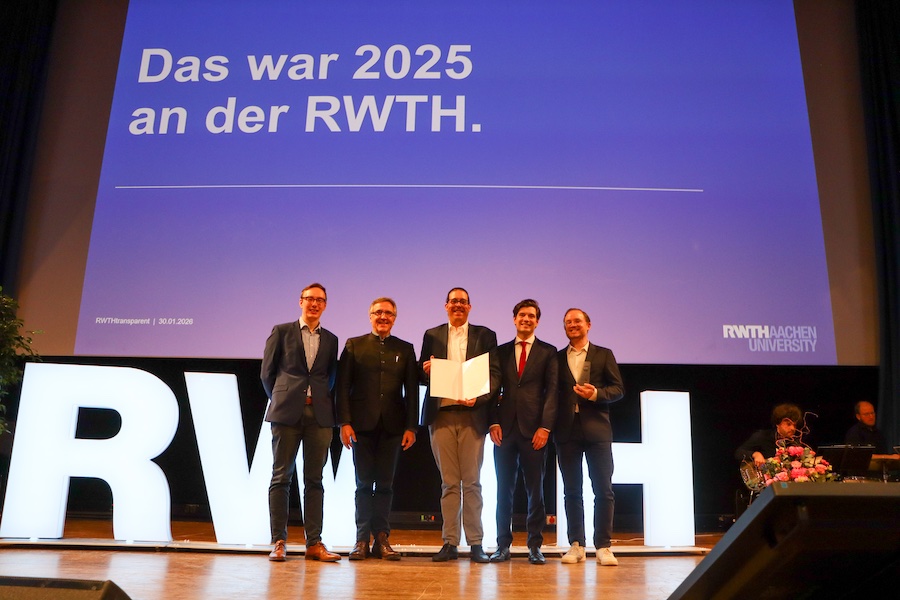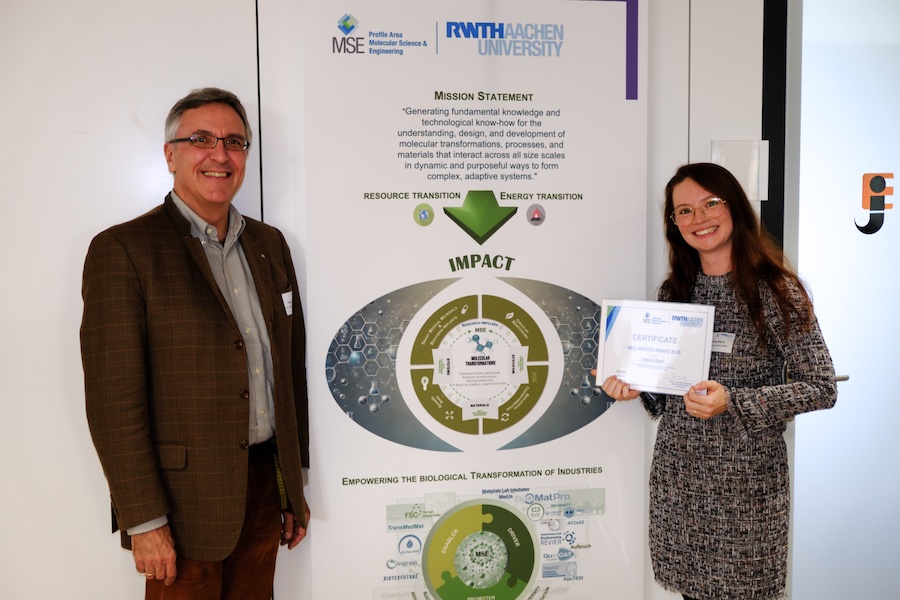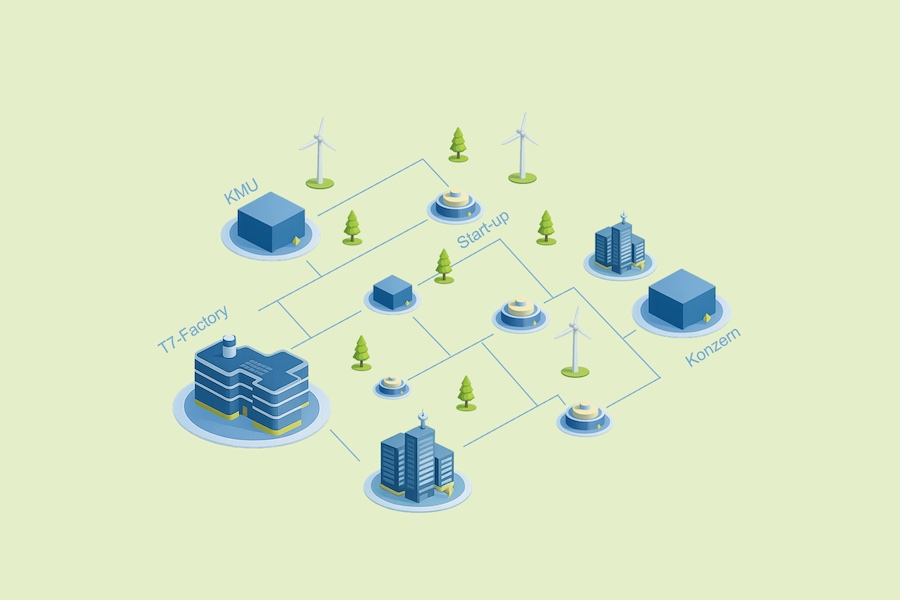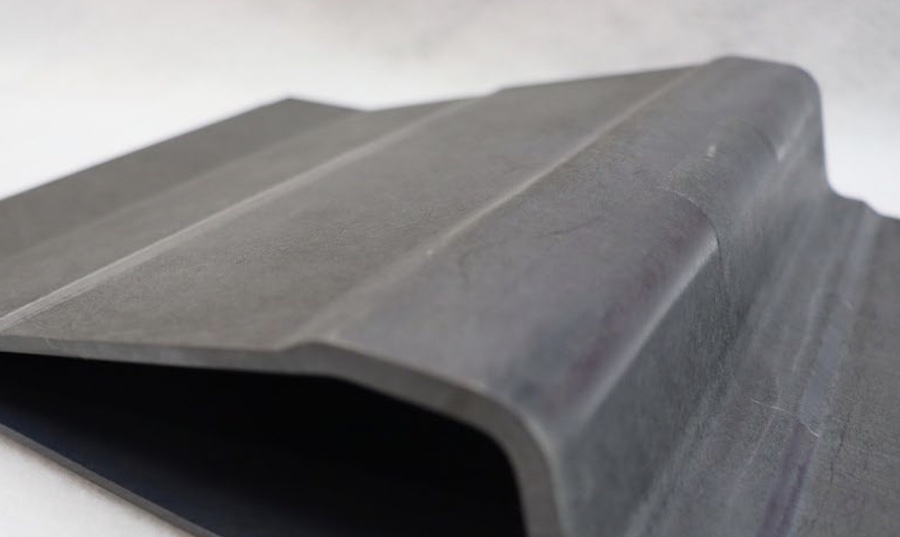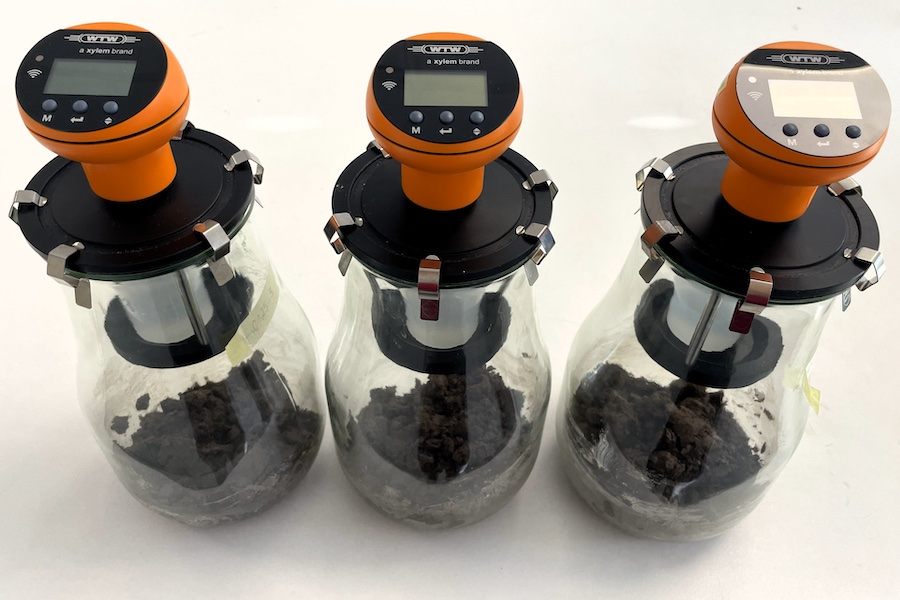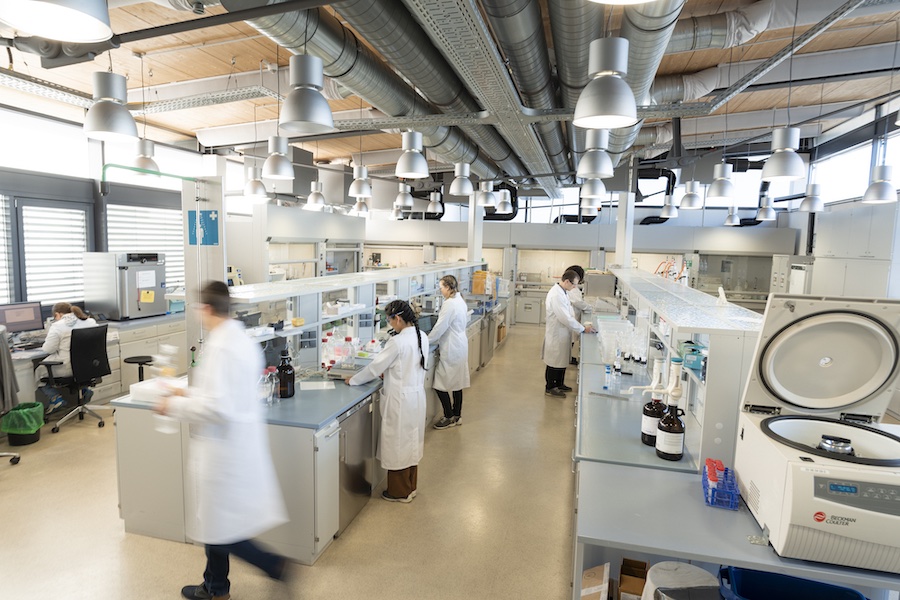#Research & Development
WIRKsam - Shaping economic change in the Rhenish textile and coal region with AI

14 million for the Rhenish coal region
With a focus on the strengths of the Rhenish mining area, WIRKsam is to establish itself as a central point of contact and align various scientific institutions and their research specifically to the challenges of the regional working world. Funded by the BMBF with 14 million euros over five years, the project is fundamentally about transferring scientific findings into company practice and into the wider society. After the funding phase, the centre of excellence will continue to work independently.
Prospects: Attractive jobs in the lignite mining region
The region on the left bank of the Rhine is not only a lignite mining area, but also a historically grown textile region where technical textiles are produced today, for example for medical technology or plant and vehicle construction. This offers valuable future prospects for the employees affected by the lignite phase-out.
Against this background, the aim of the WIRKsam centre of excellence is to research the extensive possibilities of artificial intelligence for shaping the future world of work and to transfer them to companies. AI applications are used to develop innovative work and process flows to create attractive workplaces and increase the competitiveness of local companies.
Together: business and science
The special feature: research institutions and companies from the Rhenish textile industry and related sectors work together in the centre of excellence. Research partners are the Institut für Textiltechnik (ITA) of RWTH Aachen University and the Institute for Mobile Autonomous Systems and Cognitive Robotics (MASCOR) of FH Aachen University of Applied Sciences, headed by ifaa - Institut für angewandte Arbeitswissenschaft e.V. (Institute for Applied Work Science).
Nine regional companies are involved so far; more will join. AI applications are being developed and exemplarily implemented for their respective needs. In this way, the diverse potentials of AI for work design are being tested and qualification requirements derived. These results will not only increase the global competitiveness of the textile industry and other sectors; they will also secure jobs and make an important contribution to overcoming structural change in the Rhenish lignite mining area.
WIRKsam is funded by the Federal Ministry of Education and Research as part of the funding measure "Regional Competence Centres for Labour Research" and is supervised by the Karlsruhe Project Management Agency (PTKA) (funding code: 02L19C600). The WIRKsam competence centre will be based in Hürth, Germany, on the edge of the Rhenish mining area as soon as the conversion work on the former TV studios on the Euronova campus is completed.




